The mare saw the setup – one horse was going to move another horse into another horse and on it would go, a domino effect of movement, right into the little girl standing there watching.
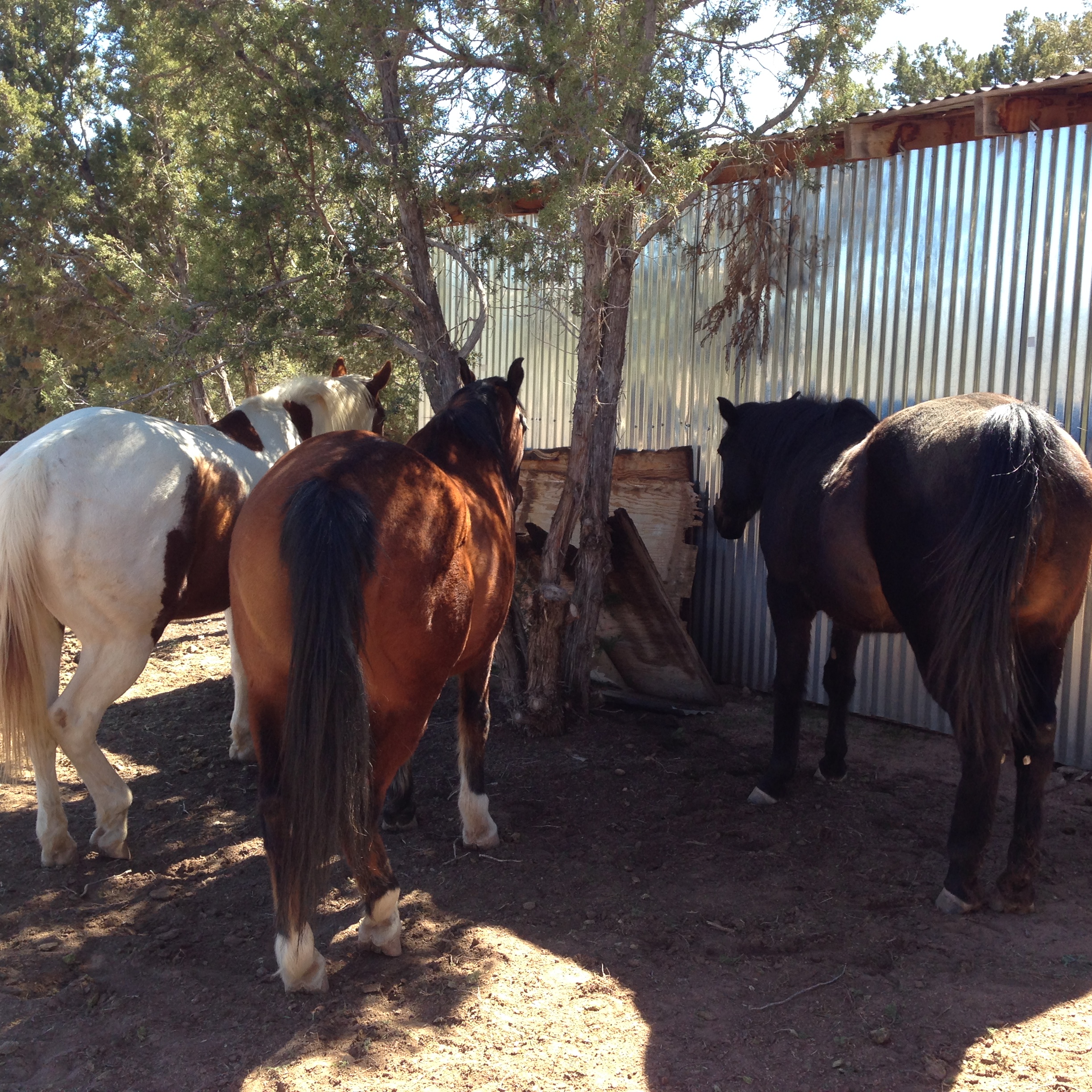 Without hesitation, the mare made a beeline for the horse that was planning to move the others, positioning her body just so, calculating what each horse would do in response, to ensure none of them grazed the little girl.
Without hesitation, the mare made a beeline for the horse that was planning to move the others, positioning her body just so, calculating what each horse would do in response, to ensure none of them grazed the little girl.
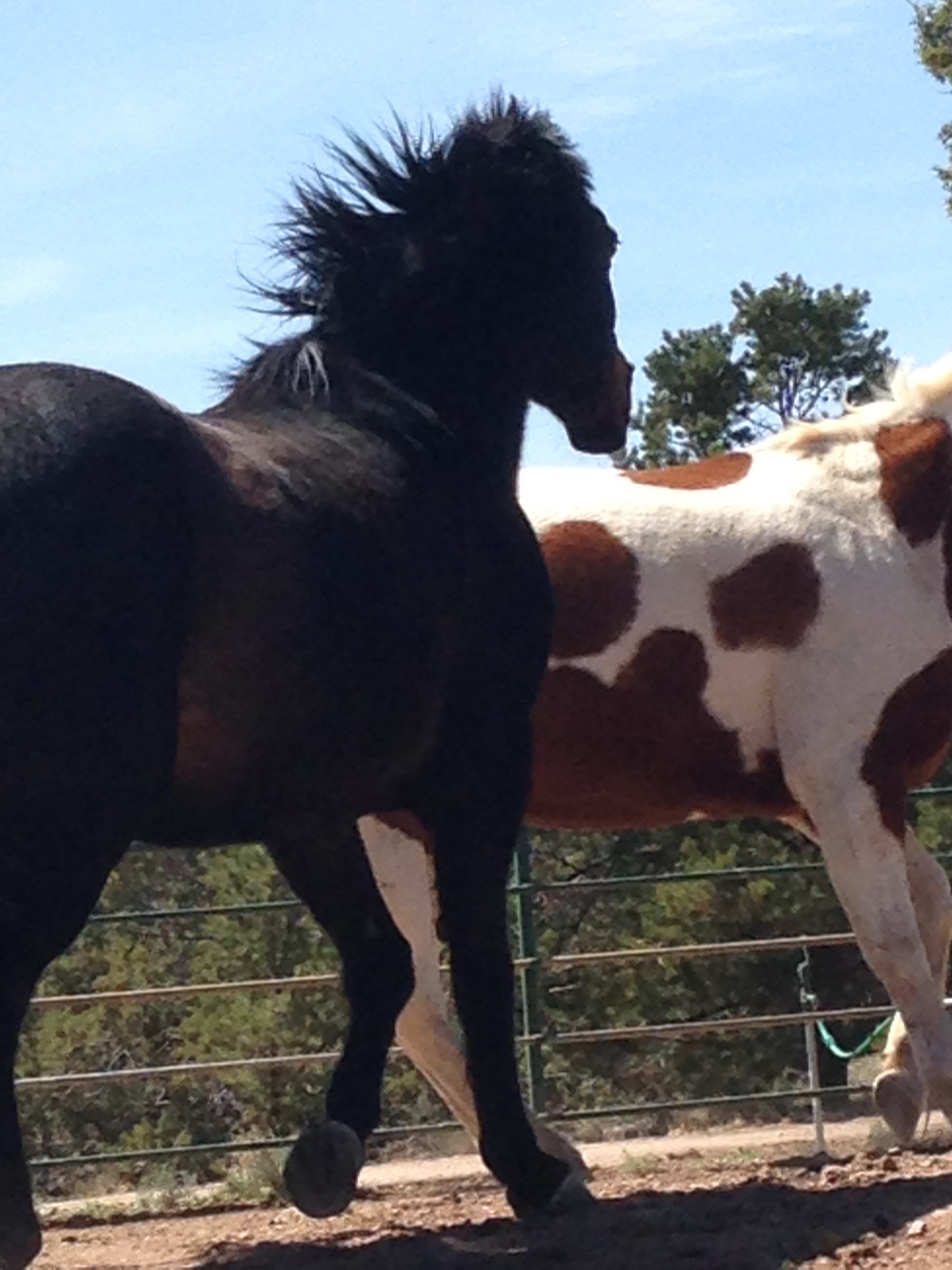 If you have ever seen anything like this happen in a herd, you realize that horses are figuring out where everyone is going to go. Once you know the nature of each horse, you can know who is going to protect you and who is going to bump into you blindly.
If you have ever seen anything like this happen in a herd, you realize that horses are figuring out where everyone is going to go. Once you know the nature of each horse, you can know who is going to protect you and who is going to bump into you blindly.
This quality that I see not only in mares, is highly prized. Some horses are true caretakers, and will watch out for other horses, and humans, when they might be in danger.
Mares in particular will stand over a small child or someone who has been injured, as though they are a foal. They feel protective of that individual and will ensure their safety. The curve of the mare’s neck, the shadow she may cast over that person or foal, will keep them from harm, in her view. 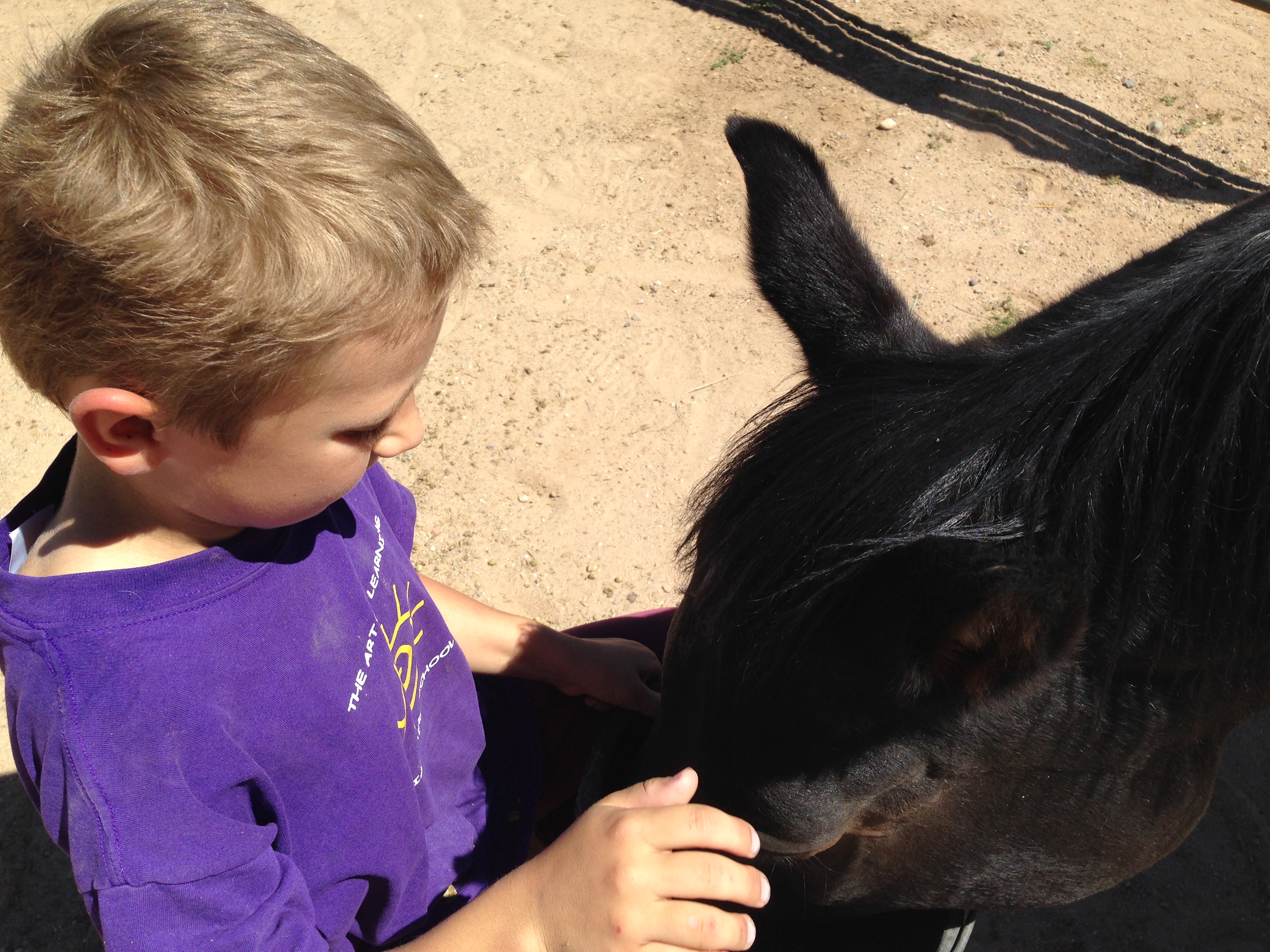
My mare Zuzka has done this both with me when I had a bad injury and with my grandson Kaiden, when he was small and defenseless.
She also will arrange herself so that she is between me and the more rambunctious geldings when they are being playful and not noticing where they are in their bodies or who they might bump into. She is protecting me from their sudden, big movements with her own body. She would rather they bump into her, which they are less likely to do, than to bump into me.
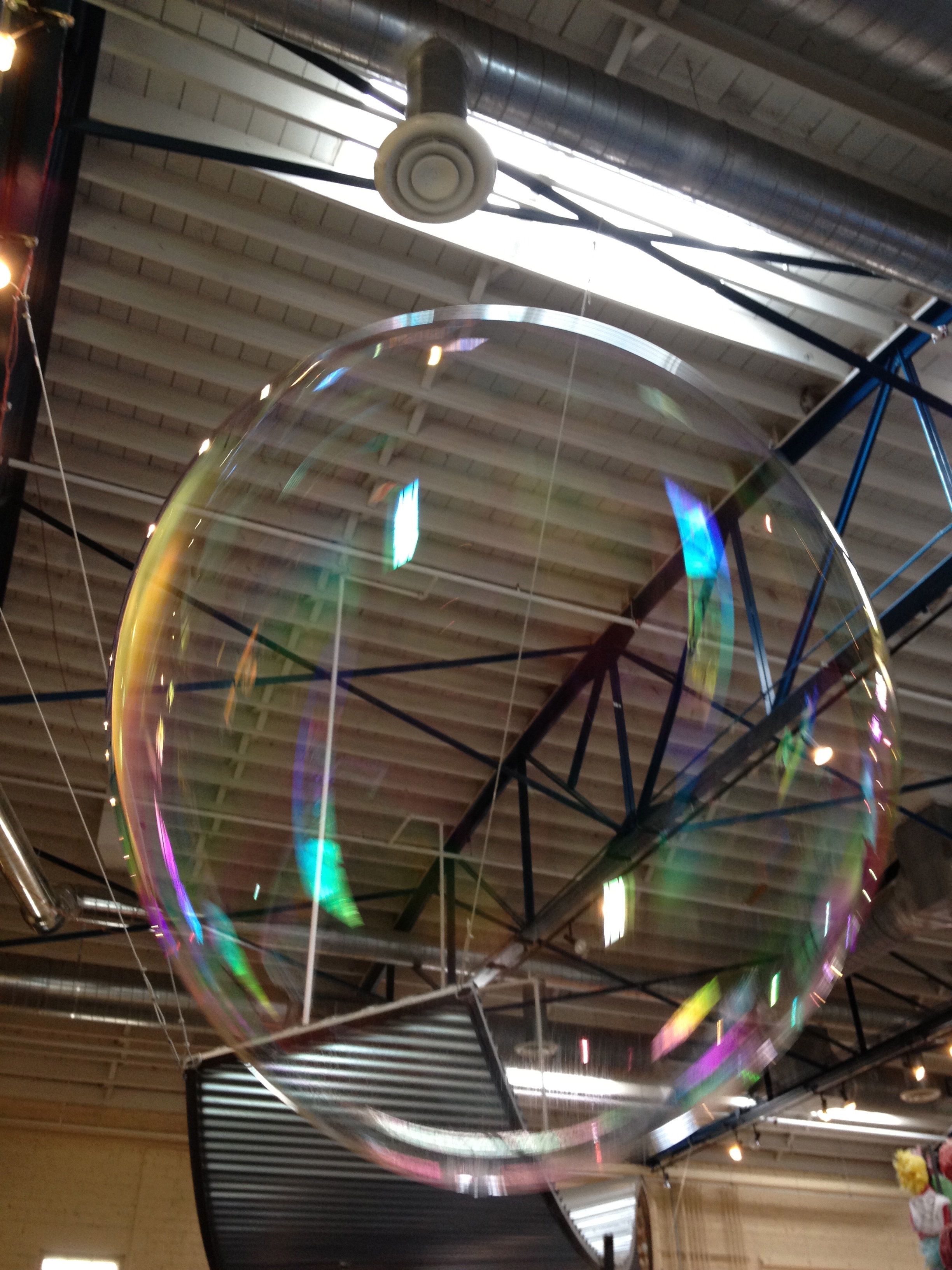
My mare Jazzie has a well developed understanding of the “bubble.” When we witnessed a couple of horse accidents while I was in the saddle, she stood stock still, no leaping around. I felt that we shared a bubble of safety during the entire experience. I felt our energies go up, then down, trusting the bubble.
Some horses are this way naturally; and for others, they can develop this wonderful caretaking quality through Liberty Foundations. One of the ways to develop it, is to model caretaking for the horse.
Here are some examples:
1) At a boarding barn, you may need to lead your horse between corrals where horses may lunge at your horse. If you have with you a long lead rope or a whip, you can wave it at the other horses, to make a safe passage for your horse to pass. This goes a long way with your horse, because they feel you are keeping them safe. They will then look to you to provide that leadership in other ways.
2) If you’re having a conversation with a friend, and you have your horse on the line, include your horse in the conversation. We all speak about our horse in the third person, but every so often you can turn to your horse and stroke her neck or allow her to receive pets from the other person, say something wonderful about her.
3) If someone says something negative about your horse, counter it with something 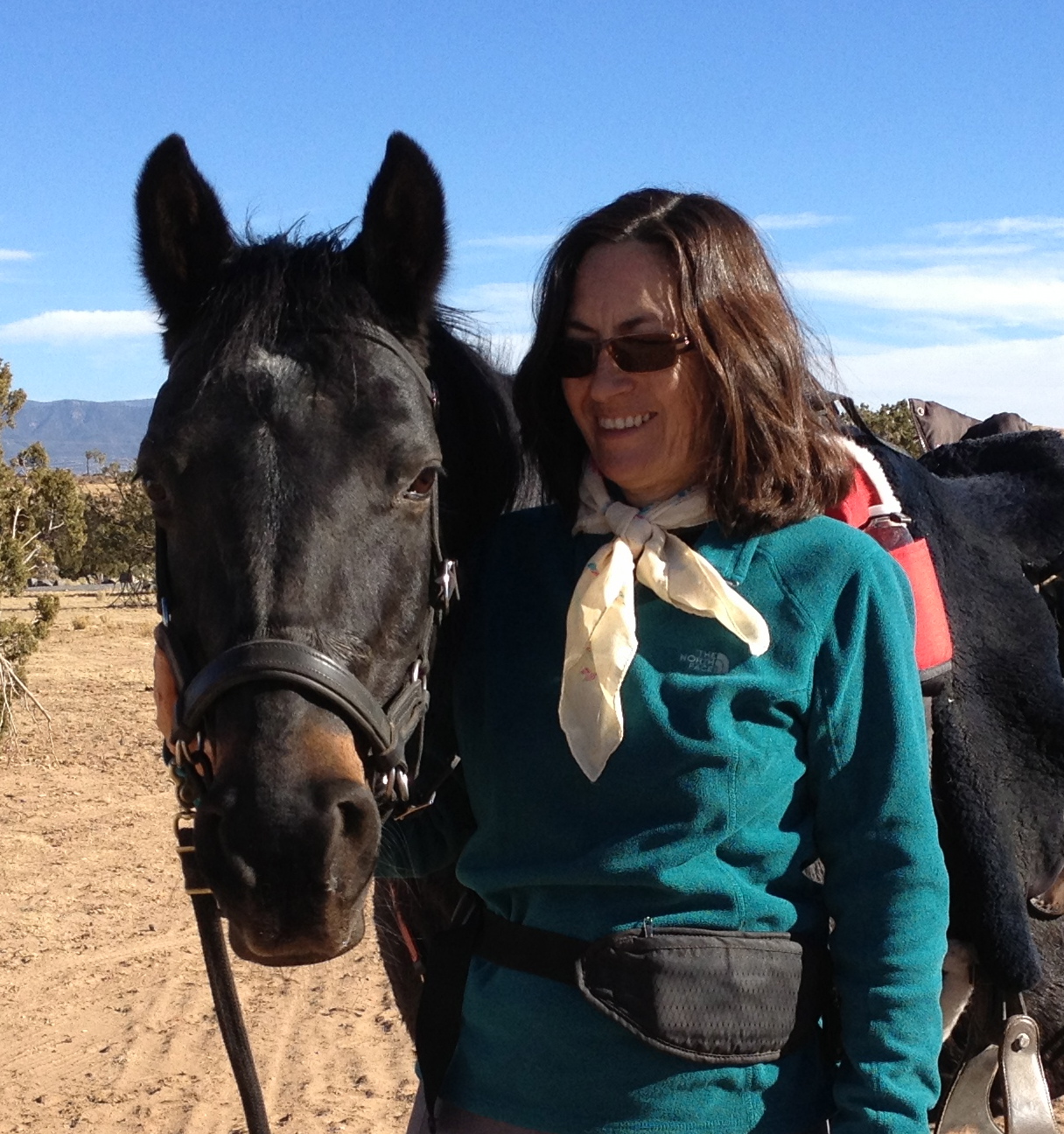 positive. Don’t accept negative comments about your horse. If the trainer says, “she was really difficult today,” respond with something like “maybe we can try some other activity,” or “In spite of that, I see some real progress.” Horses respond best to compliments, just as humans do. There is always something positive to say about your horse.
positive. Don’t accept negative comments about your horse. If the trainer says, “she was really difficult today,” respond with something like “maybe we can try some other activity,” or “In spite of that, I see some real progress.” Horses respond best to compliments, just as humans do. There is always something positive to say about your horse.
I’ll give you another example of this: I was conducting a clinic once and a student trained in a particular method of horsemanship practically demanded that I demonstrate backing my horse up at liberty. I could feel my mare dig in her hooves next to me at this woman’s words and intent. This was after my mare had demonstrated – in a completely foreign location – that she could and would walk with me and all over this area, which had no fences. We could turn together and sidepass. I walked behind her and drew her to me, all without fences. She had the option of running away if she wanted to, but of course, she never left me.
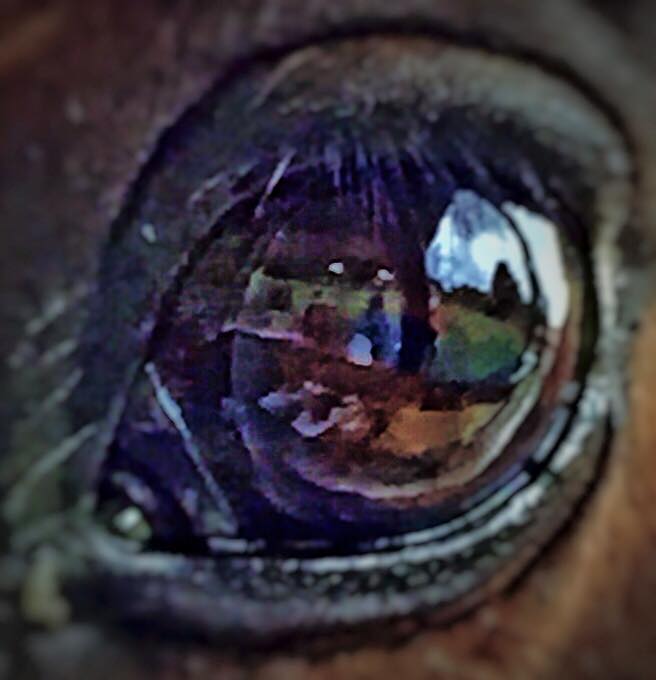
I replied to this woman, “let’s see if she would like to back.” What occurred was that my mare dutifully took one step back. I stroked her neck and I said “good girl.”
The woman persisted, wanting more, and I said, “my horse has done everything I have asked of her beautifully.”
The specialness of what can be shared is deepened by these exhibits of loyalty and understanding of the horse. One of the huge differences between this way of horsemanship and other ways is that we are recognizing the offerings the horse gives us, which come in response to what we have offered to the horse.
This is where we become better listeners; rather than horse “whisperers,” we are 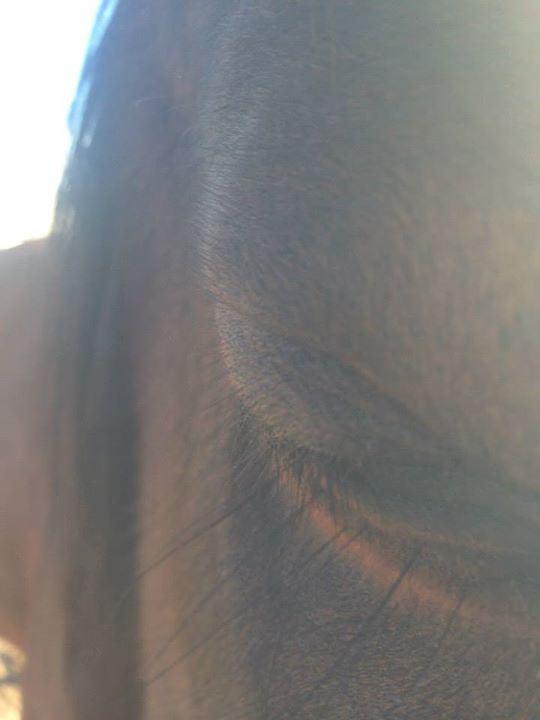 horse “listeners,” listening with all our senses, to what the horse “says” or “imparts” next. To “stand by our horses” heightens our horsemanship, expands our creativity, and the mutual trust wherein we can count on each other.
horse “listeners,” listening with all our senses, to what the horse “says” or “imparts” next. To “stand by our horses” heightens our horsemanship, expands our creativity, and the mutual trust wherein we can count on each other.
copyright Susan Smith (c)
Related post:
The most beautiful horse in the world
*****
Keep an eye on the calendar as more events will be added as they are planned.
Services include:
Bodywork: (Ortho-Bionomy for people, Equine Ortho-Bionomy, Equine Positional Release (EPR)): private sessions, tutorials, phone consultations, Horse & Rider sessions
Distance Healing Communication
Gift certificates
Liberty Coaching:
Clinics, mini-clinics, workshops,
Private and semi-private sessions, tutorials
Consultations: by appointment: 505.501.2478 or emailing susansmith@orthohorse.info Contact me for details.
Let me know if you want to do a clinic in your area. Prices will vary according to location & travel costs.
June 13 – Summer Liberty Workshop – 1-Day workshop held in Santa Fe, NM at Arrowhead Ranch. Contact susansmith@orthohorse.info for information. $140 before June 1 (Early Bird), $150 after June 1. PayPal and credit card payment available.
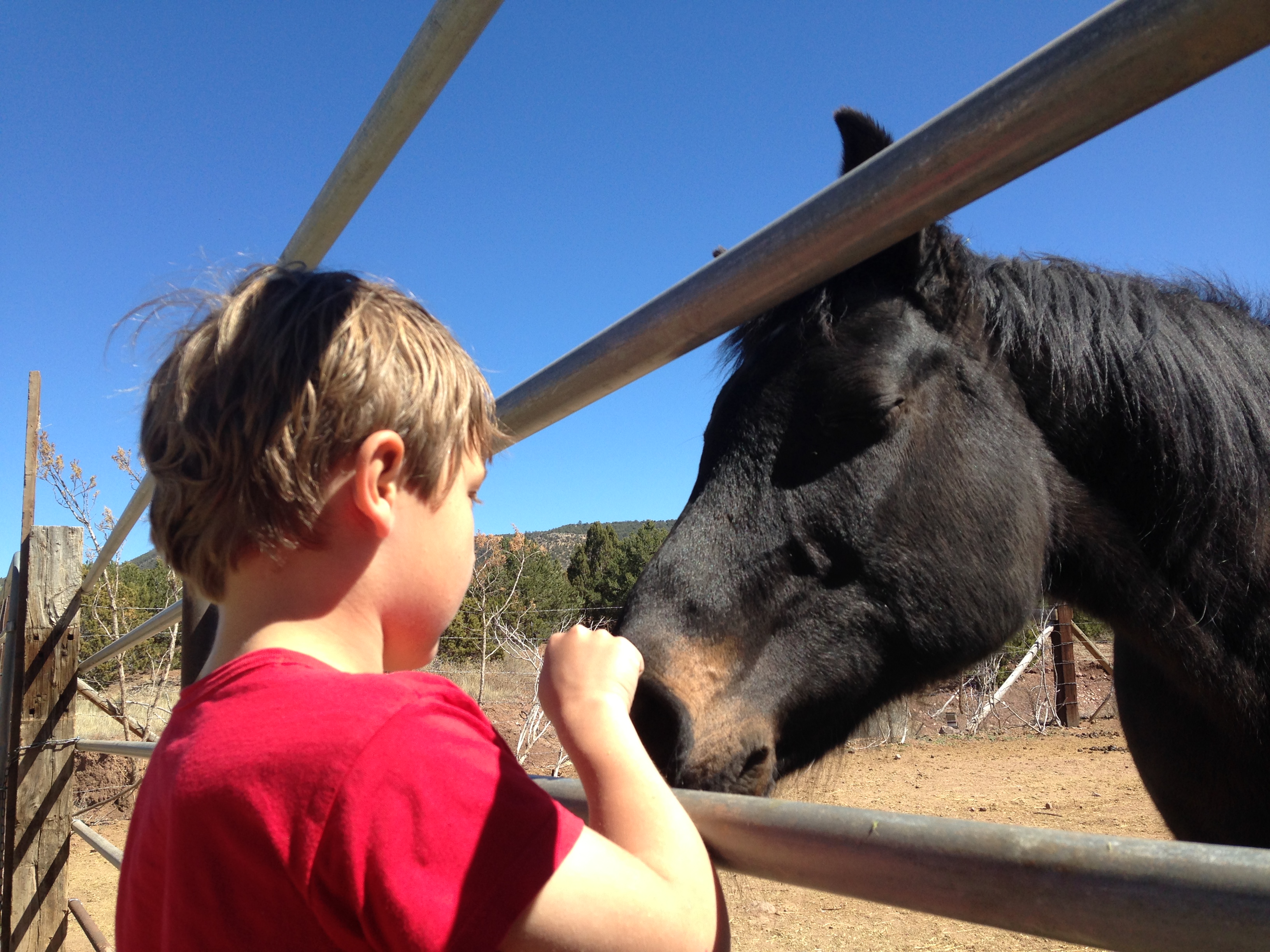
September 26-27 – Fall Liberty Weekend in Oklahoma — Susan Smith and Ruella Yates, co-instructors. Contact either of us: susansmith@orthohorse.info or ruella@libertyfoundations for further details. Cost: $325.



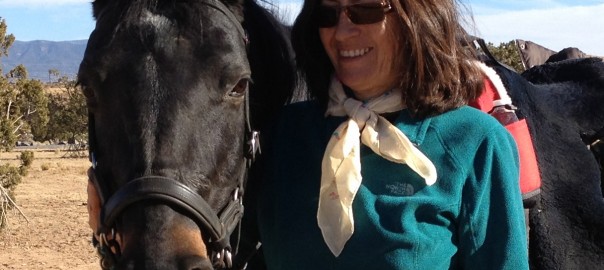
Great blog Susan!
This article is fabulous! I love reading your blog! Nanette
Love this article, illustrating the importance of honoring our horses! Thank you, Susan!
Ruella Yates